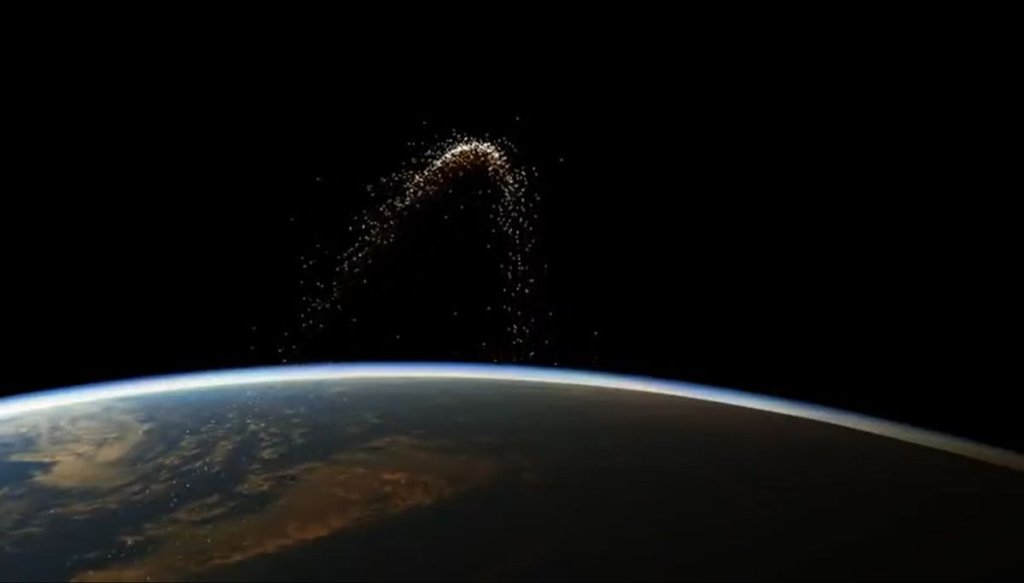An attempt to make the space environment safer and more sustainable just got a boost from the private sector.
Twenty-six different aerospace companies have signed a statement supporting an international effort to end destructive anti-satellite (ASAT) testing, the nonprofit Secure World Foundation (SWF) announced on Tuesday (Nov. 14).
The signatories include some heavy hitters — for example, Axiom Space, which has organized two private astronaut missions to the International Space Station, and Planet, which collects Earth-observation data using hundreds of satellites.
Related: The most dangerous space weapons ever
The push began in earnest in April 2022, when the United States pledged not to conduct destructive direct-ascent ASAT tests. In such trials, a missile is launched from the ground (or a sea-based vessel, or an airplane) and targets a dead or dying satellite.
But, experts say, ASAT tests pose a threat to humanity’s ongoing quest to expand its footprint into the final frontier.
“These tests can create long-lasting orbital debris which threatens national assets, commercial spacecraft, human spaceflight platforms and many of the space-based services humanity uses on a daily basis,” the newly released statement reads.
“Such debris poses a direct threat to future economic activity and innovation in low Earth orbit by raising the costs of current and future operations and creating uncertainty for investors and operators,” it continues.
In September 2022, the U.S. introduced a resolution at the United Nations General Assembly and asked other nations to make a similar commitment. A number have now done so; the current tally stands at 37, according to the SWF. Among them are some major space players such as Canada, France, Germany, Japan, South Korea and the United Kingdom.
Direct-ascent ASAT tests aren’t just a hypothetical threat. In 2007, for example, China destroyed one of its dead satellites and spawned a big new cloud of debris in Earth’s orbit. Russia followed suit in November 2021, blowing apart a defunct Soviet-era spacecraft called Cosmos 1408.
These tests have been widely condemned by the U.S. and other nations, as well as by exploration advocates and spaceflight companies. Indeed, one of the signatories of the newly announced industry statement, the satellite monitoring and tracking firm LeoLabs, cited the Russian ASAT trial as a spur to action.
“We tracked ~1,800 total cataloged fragments” from the November 2021 test, LeoLabs wrote in a post on X (formerly known as Twitter) on Tuesday. “The danger from these tests is real and lasting — and that’s why we signed this statement.”

